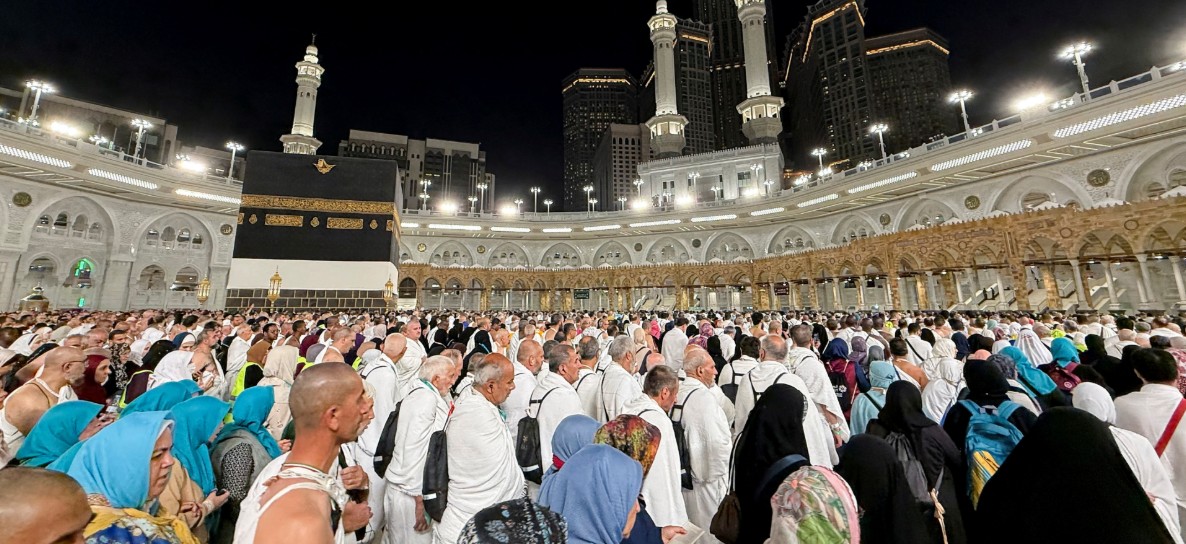5,000 Kenyan Muslims expected to attend 2026 Hajj, SUPKEM announces

The announcement was made by the Kenya Hajj Mission, which operates under the Supreme Council of Kenya Muslims (SUPKEM).
At least 5,000 Kenyan Muslims are expected to travel to Saudi Arabia for the annual Hajj pilgrimage in 2026, marking an increase from last year’s 4,500.
The announcement was made by the Kenya Hajj Mission, which operates under the Supreme Council of Kenya Muslims (SUPKEM).
In a statement delivered by Saleem Kadennani, the Mission confirmed that the first phase of preparations for the 2026/1447 Hajj season had been completed on schedule.
“We commend the registered Hajj agents and pilgrims who have raised the necessary funds for the purchase of locations in Mina and Arafat, as well as for basic services such as tents, beds, and meals,” Kadennani said.
He further praised the Saudi government for improving the management of this year’s pilgrimage, noting that authorities successfully reduced the number of illegal pilgrims who often overcrowd the holy sites. “This ensured that fully paid-up pilgrims received the services they deserve,” he added.
The Mission also highlighted the impact of the recently established Kenyan consulate in Jeddah, saying it has greatly eased access to government services for Kenyan pilgrims.
However, the Mission also raised concerns over unethical practices witnessed in the last Hajj season. According to SUPKEM, some registered agents engaged in misconduct by falsifying documents to secure illegal visas for foreign passport holders' actions that violate Saudi Arabia’s strict regulations.
Others, the Mission claimed, circulated fake videos alleging that Kenyan pilgrims were suffering, a move it described as both un-Islamic and damaging to the reputation of Saudi Arabia.
“These actions not only undermine the spiritual significance of Hajj but also bring unnecessary shame to our country,” the statement read.
The Kenya Hajj Mission went further to urge political leaders to avoid dragging Hajj matters into parliamentary debates, warning that such discussions risk creating confusion and misrepresenting the realities of the pilgrimage.
“We appreciate the efforts of our political leaders who have shown interest in Hajj matters, as they represent the Muslim community. However, Parliament is not the appropriate forum to discuss issues that are alien to the majority,” the Mission stated.
“Engagement should be done directly with the relevant institutions so that accurate clarifications and corrections can be made.”
The Mission assured that preparations for the 2026 pilgrimage are on track and expressed confidence that Kenyan pilgrims will continue to enjoy an organized, safe, and spiritually fulfilling experience.
